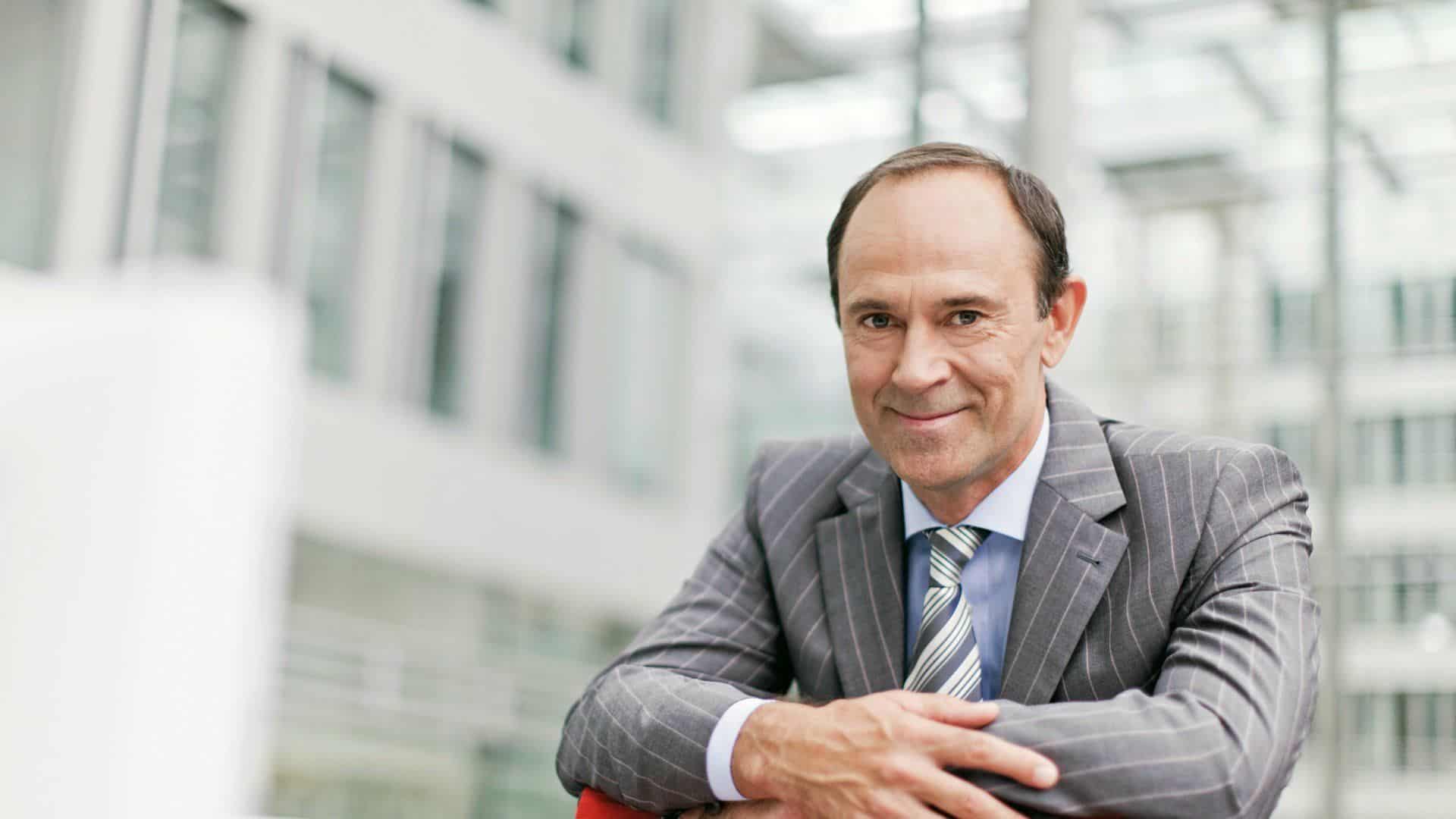Stepping into the vibrant world of urban cinema, I found myself immersed in the myriad stories that define the cities I’ve cherished. I often revisit the films that left an indelible mark on me—like the gritty realism of “Menace II Society” or the visually stunning “Moonlight.” These films transcend mere entertainment; they serve as a canvas that vividly portrays the essence of urban life. Each narrative is enriched by the insights I’ve gathered from the directors who breathe life into them. Have you ever paused to ponder what truly ignites a director’s creative vision? How do their personal journeys intertwine with the narratives they weave?
To truly connect with urban filmmakers, it’s crucial to appreciate their distinct perspectives. Each director’s story is intricately shaped by their surroundings, culture, and lived experiences. I think back to a conversation I had with a passionate filmmaker hailing from Harlem, who brilliantly used his neighborhood as a backdrop to highlight pressing social issues. This authentic connection not only deepens our understanding of their motivations but also invites them to reflect on how their roots inform their craft.
Crafting the Right Questions: A Blend of Curiosity and Empathy
So, how do we ask questions that truly encourage meaningful dialogue? It’s an intricate dance that balances curiosity with empathy. Instead of defaulting to a standard query like, “What inspired your last film?” consider asking, “Can you share a moment from your childhood that continues to shape your work?” This approach creates an inviting space for them to delve into their past, their struggles, and how those experiences manifest in their art.
In my own journey, I’ve discovered that the most impactful interviews arise from profound, introspective questions that spark genuine storytelling. I once asked a director how a specific cultural event influenced their film’s aesthetics. I’ll never forget the sparkle in their eyes as they shared vivid memories of their grandmother’s joyous celebrations, expressing the connection between those raw feelings and the film’s vibrant colors and sounds. Isn’t it remarkable how personal memories can create a deep bridge between storytelling and cinema?
The Art of Listening: More Than Just Hearing
One of the most invaluable lessons I’ve gleaned throughout my interviewing journey is the undeniable power of listening. It transcends merely hearing words; it involves attuning to the emotions behind them. When a director speaks, they often offer profound insights wrapped in subtle narratives that may become the heart of your conversation. How often do we pause to truly absorb what’s being shared rather than immediately brainstorming our next question?
I remember vividly an interview where a director recounted the painful loss of a close friend to violence. In that poignant moment, empathy became essential; I felt the air shift, heavy yet intimate. Rather than hastily moving on to the next topic, I embraced the silence that enveloped us, allowing them the time to gather their thoughts and reflect on the pain and beauty of their experience. It reaffirmed my belief that interviewing transcends information exchange; it’s about forging connections built on respect.
Bringing Cultural Impressions into the Dialogue
Cultural context is often a rich vein to explore during interviews. Urban film directors frequently draw inspiration from their cultural heritage, personal experiences, and the dynamics of local events. I vividly recall a conversation where we ventured into how neighborhood block parties and local traditions shaped their understanding of community life. It was captivating to witness how a seemingly simple cultural practice could blossom into innovative filmmaking techniques and storytelling styles.
Incorporating these elements not only enriches the dialogue but also showcases a genuine respect and understanding for their world. As we navigated layers of conversation about gentrification, identity, and belonging, I found myself reflecting on my own memories of community festivals. Have you ever contemplated how your encounters with local traditions might enhance your appreciation for storytelling? Sharing those personal anecdotes can create a profound resonance between you and the director, fostering a deeper connection.
Closing the Conversation with Impact
As an interview draws to a close, it’s important to leave a memorable impression. Rather than simply expressing gratitude and walking away, I often invite directors to share a final thought or a resonant message they hold dear. This simple yet profound gesture allows us to circle back to their core beliefs and aspirations. Wouldn’t you agree that these closing reflections often unveil layers of their character that can be truly enriching for audiences?
One of my favorite closing moments was when a director shared, “Art is a conversation.” That sentiment struck a deep chord within me. Each film, every interview, and each moment forms part of a larger dialogue. Isn’t it humbling to realize that through the stories of urban filmmakers, we unearth shared human experiences? As we look forward to the next interview, let’s wholeheartedly embrace that spirit of conversation, curiosity, and connection. We constantly strive to offer a complete educational journey. Access this carefully selected external website to discover additional information about the subject, Kim Porter https://urbanhollywood411.com/al-b-sure-shares-the-truth-about-diddy-in-peastick-doc/.
Deepen your knowledge on this subject with the related posts we’ve chosen for you. Don’t miss out:



